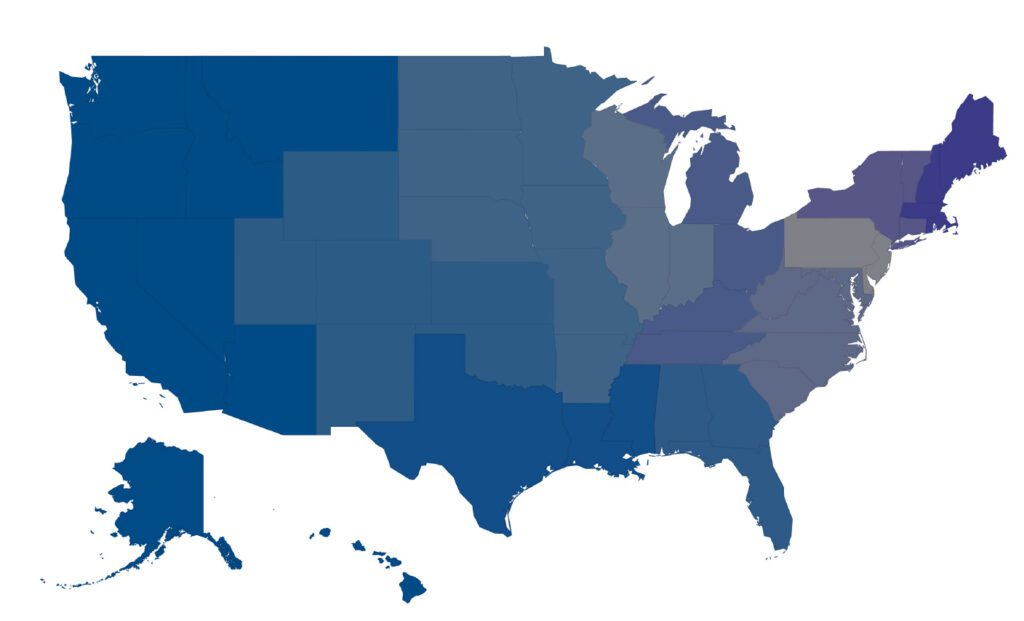Arizona Rules of Civil Appellate Procedure
(ARCAP)
Rule 7. Stay of Proceedings to Enforce a Judgment
“(a) Supersedeas Bonds and Other Security.
(1) Generally; Exceptions.
(A) A supersedeas bond is a bond filed in the superior court, as provided by this Rule and by applicable statutes, which stays enforcement of, or execution on, a judgment so that an appeal may be pursued. As used in this Rule, the term “bond” or “supersedeas bond” also includes other types of security as ordered by the superior court in lieu of a supersedeas bond. A party may file a supersedeas bond before or after filing a notice of appeal.
(B) A party may not obtain a supersedeas bond to stay an award of custody of children or the payment of spousal maintenance or child support.
(C) A judgment against the State, or an agency or a political subdivision of the State, is stayed as provided by Rule 62(g) of the Arizona Rules of Civil Procedure.
(2) Setting the Bond by Stipulation or Motion; Stay; Other Orders. The amount of the bond may be determined by stipulation or motion. Filing a motion in the superior court for a supersedeas bond under this Rule temporarily stays enforcement of, or execution on, the judgment, with the same effect as described in Rule 7(b), until the superior court has either denied the motion or set the bond amount and provided appropriate time for posting the bond. However, until a bond is posted, a party may record a judgment. Unless the motion is uncontested, on request of any party, the superior court must hold a hearing on a motion to set bond. The superior court may enter any further order, in lieu of or in addition to the bond, which may be appropriate to preserve the status quo or the effectiveness of the judgment.
(3) Setting the Amount of the Bond Ex Parte. The superior court may determine the amount of the bond ex parte if the requesting party submits a motion with an affidavit:
(A) stating that the party has made a good faith attempt to obtain a stipulation from the other parties; and
(B) describing the party’s efforts, if any, to give notice, or the reasons why it is not feasible under the circumstances to give the other parties an opportunity to be heard before the setting of bond.
(4) Amount of the Bond–Monetary Judgment. Except for family court judgments governed by Rule 7(a)(7), and subject to Rule 7(a)(9), if the judgment includes a monetary award, the amount of the bond relating to the monetary award must be the lowest of the following:
(A) the total amount of damages, costs, attorney’s fees, and prejudgment interest included in the judgment when entered, excluding punitive damages;
(B) fifty percent of the net worth of the party seeking the stay; or
(C) twenty-five million dollars.
The party requesting the stay must prove net worth by a preponderance of the evidence.[…]”
A.R.S. 12-2108. Preservation of right to appeal judgment without execution
“A. If a plaintiff in any civil action obtains a judgment under any legal theory, the amount of the bond that is necessary to stay execution during the course of all appeals or discretionary reviews of that judgment by any appellate court shall be set as the lesser of the following:
- The total amount of damages awarded excluding punitive damages.
- Fifty percent of the appellant’s net worth.
- Twenty-five million dollars.
B. Notwithstanding subsection A, if an appellee proves by clear and convincing evidence that an appellant is intentionally dissipating assets outside the ordinary course of business to avoid payment of a judgment, the court may require the appellant to post a bond in an amount up to the full amount of the judgment.
C. Notwithstanding subsection A, if an appellant proves by clear and convincing evidence that the appellant is likely to suffer substantial economic harm if required to post bond in an amount required under subsection A, the trial court may lower the bond amount to an amount that will not cause the appellant substantial economic harm.”

**In Federal cases the bond requirement is governed by Federal Rule of Civil Procedure “62(b) Stay by Bond or Other Security. At any time after judgment is entered, a party may obtain a stay by providing a bond or other security. The stay takes effect when the court approves the bond or other security and remains in effect for the time specified in the bond or other security.”**
The information contained on our site is for general information purposes, and you should consult with your attorney for the most up to date civil code or local rule that applies to your case.
Choose the State...
Experience the CSBA Difference today
Expert Guidance • First-Class Service • More Options
























